 |
| July 20, 2020 |
Dear Reader,
On this day in 1969, Apollo 11 astronauts Neil Armstrong, Buzz Aldrin and Michael Collins—with the help of thousands of NASA engineers, scientists and mission controllers on Earth—pulled of a moon landing that remains one of humanity's most incredible achievements. But what if the moon landing had gone wrong? A new deepfake video by a team at MIT explores this alternative past. And in a short documentary film featured below, Scientific American video editor Jeff Delviscio worked with MIT to demonstrate how AI-generated synthetic media might affect our shared history and future experiences. Also featured in today's roundup: observing tips for Comet NEOWISE, racial disparities in complications associated with surgery, and shaped nanoparticles that soak up toxins like red blood cells. |
| | Sunya Bhutta, Senior Editor, Audience Engagement
@sunyaaa | |
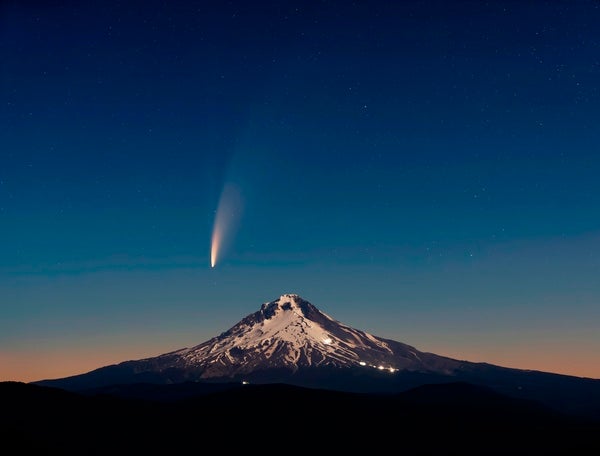 |
| |
| |
| |
| |
| |
| |
| |
| |
| |
FROM THE STORE
 | | Mind Over Mood: Understanding Anxiety and Depression Anxiety and depression are two of the most common conditions affecting mental health and overall quality of life, but there are tools for managing them. In this eBook, we'll explore how depression shows up in the brain, different manifestations of depression and anxiety, various talk therapies, technological innovations, lifestyle interventions and more. |  | | |
| |
FROM THE ARCHIVE
 | | | |
| |
LATEST ISSUES
 |
| |
| Questions? Comments?  | |
| Download the Scientific American App |
| |
| |




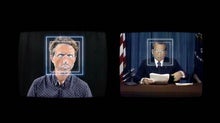
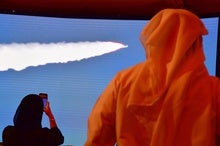



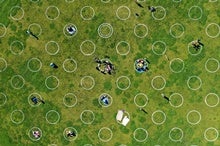

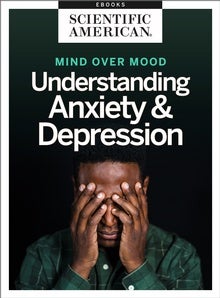

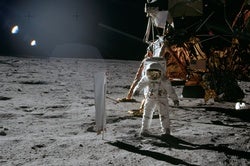
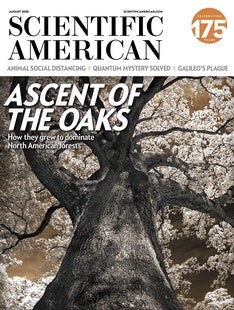







Comments
Post a Comment